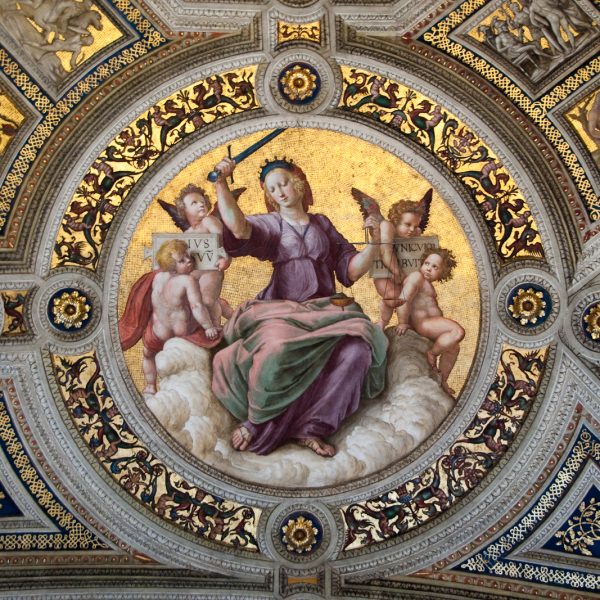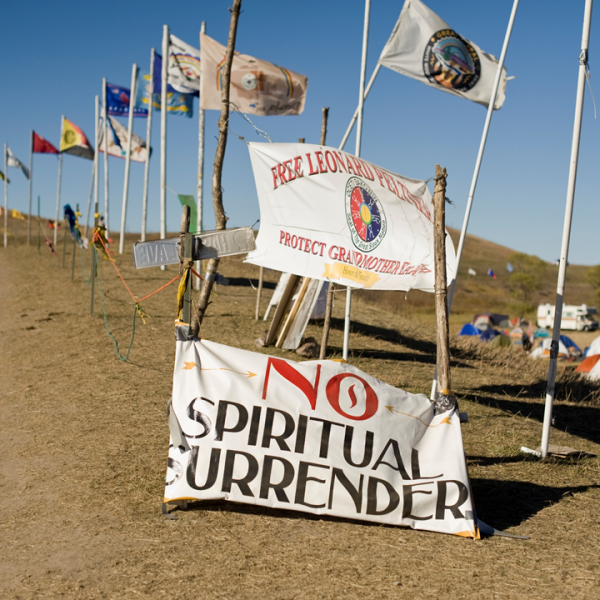
By auto-jurisdiction, I mean to convey the ways people look past the putative authority and mechanisms of prevailing jurisdictions and, alternatively, invoke the authority of tradition as long-term grounded experience in order to construct and speak forth their legitimacy.

David A. Sánchez, Associate Professor of Early Christianity at Loyola Marymount University, died unexpectedly on Saturday, April 6, 2019. He was a pioneering Latinx Biblical scholar whose impact reached beyond his discipline and included the Political Theology Network. We have asked mentors, colleagues, students, and friends to reflect on his many contributions.

The story of the Resurrection of Jesus Christ is the foundational memory of Christianity. It is a story that not only tells of God’s power over death and the fragility of the empire’s power over life, but also demands that all perspectives be heard, in a grand cacophony of voices, all in common song, singing of the impossible mystery: Jesus is risen, indeed.

Neither the government nor the Court doubted the religiosity of the practice for which the Yurok, Karuk, and Tolowa nations sought protection. Yet, arguments about religious freedom obscured the true issues at stake and the need for sovereign freedom.

The familiar standards of “innocent until proven guilty” and “beyond a reasonable doubt” are meant to protect people from false accusations, but also contribute to the assumption that should doubt the stories of victims of assault and harassment, even when we know these crimes are depressingly common. The Christian preferential option for the poor, however, means that we should have a preferential option for victims, meaning that our presumption is to believe in and side with the victims of assault and harassment in the church and the public arena.






